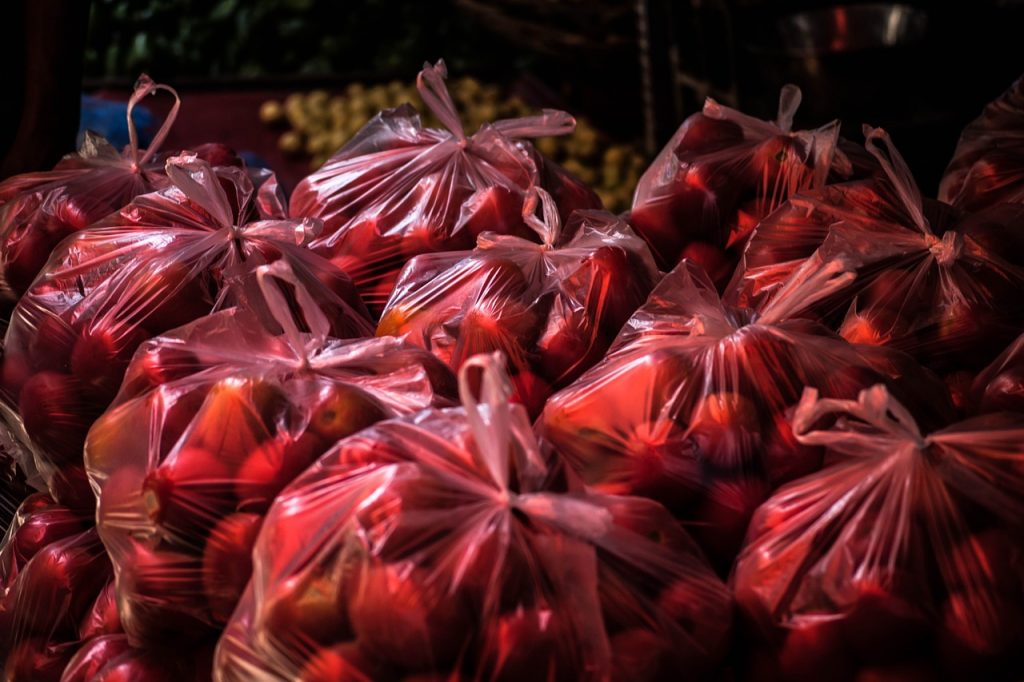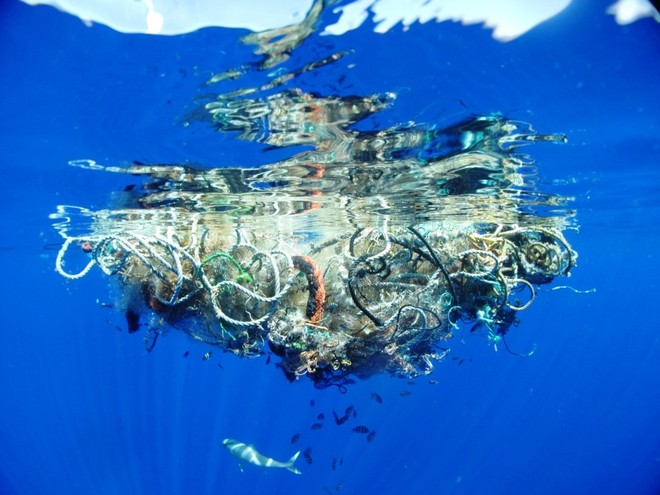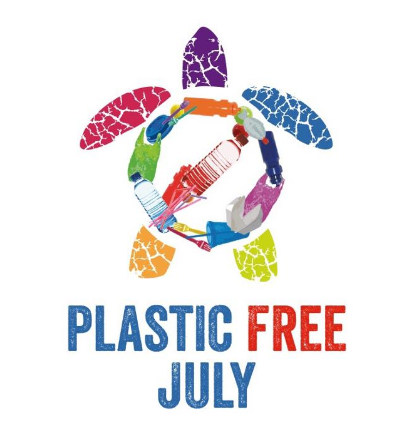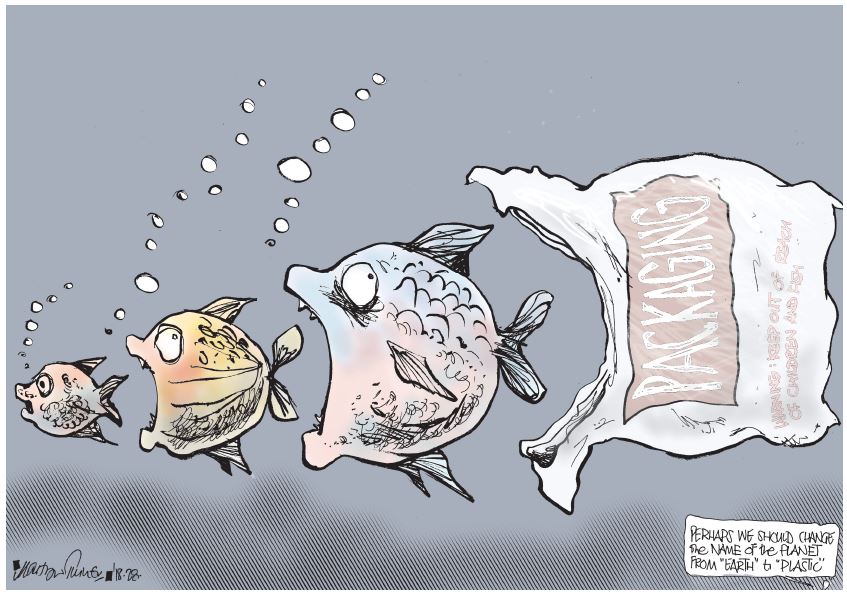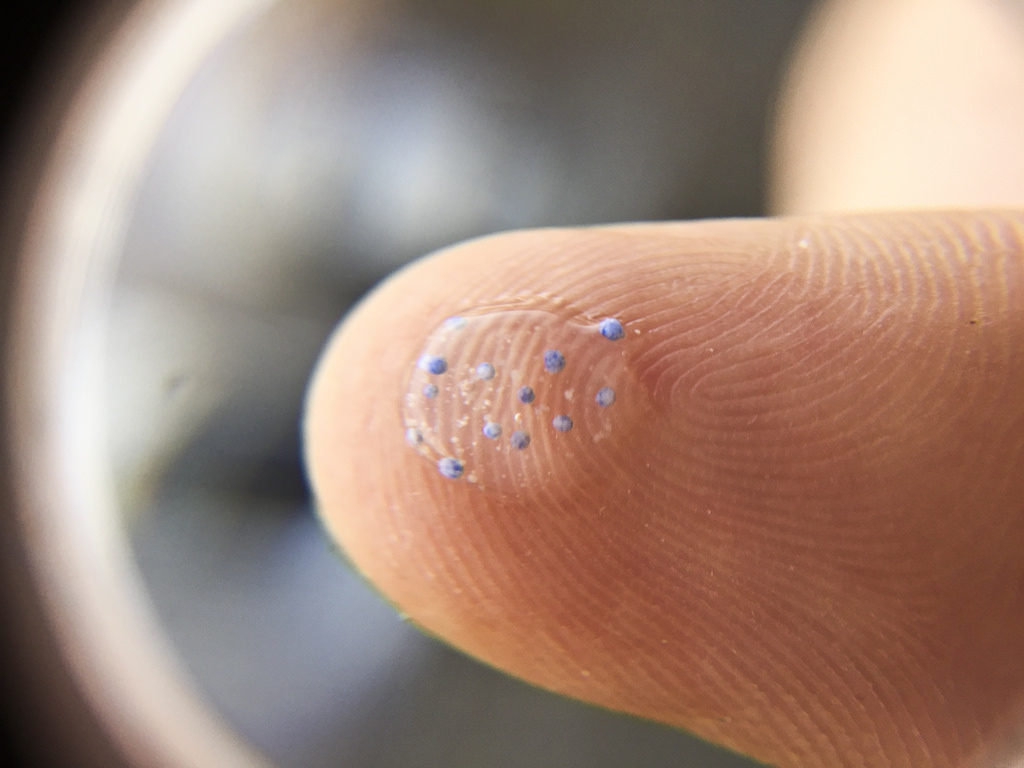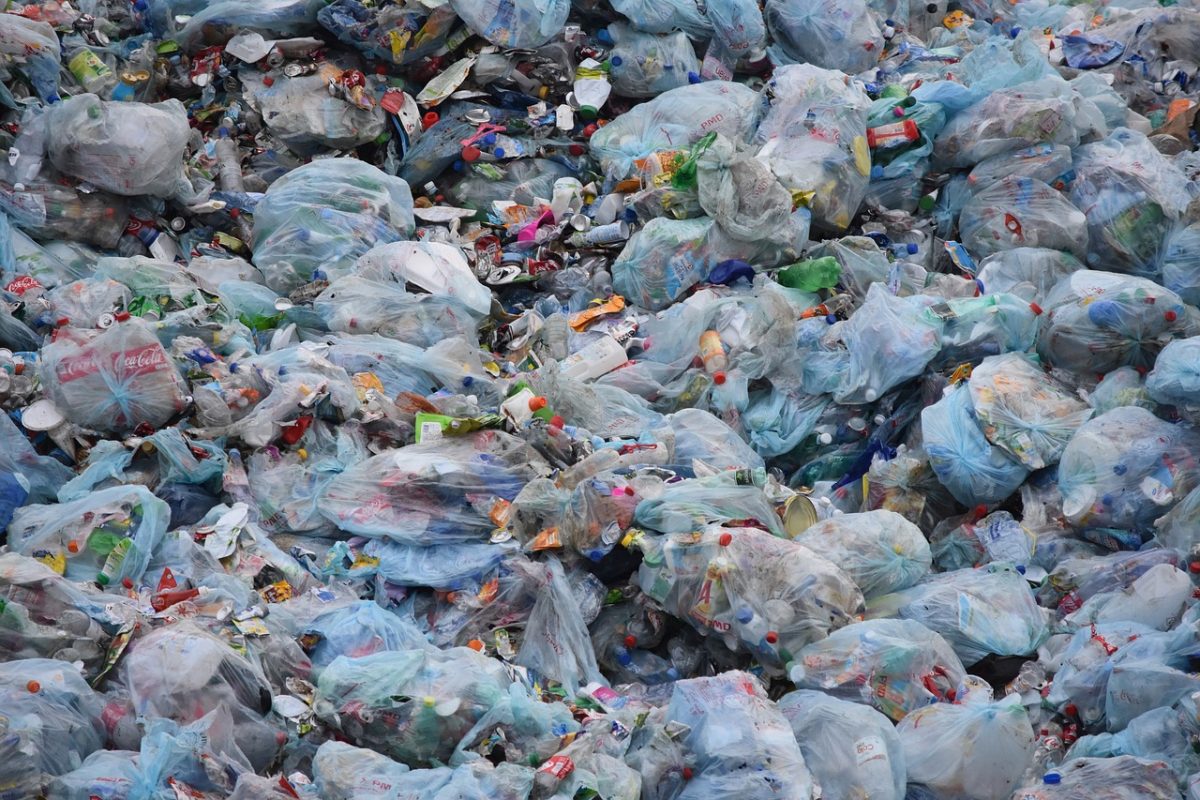Solutions to Plastic Problem: Lessons from France

February 5th, 2018
France can be considered to be the leading front-runners in Europe in the fight against climate change.
Well known across the world for being the city of romance, France has also been leading the way for climate action in Europe since the Paris Climate Agreement was agreed back in 2015.
And it has also been doing its part to tackle the issue of plastic pollution through its Energy Transition for Green Growth Act enacted back in August 2015.
The act sets out various key objectives where consumers and producers alike must take responsibility in reducing greenhouse gas emissions, while always promoting economic growth at the same time.
The Act aims to reduce greenhouse gas emissions by 40 per cent by 2030 from 1990 levels, reduce fossil fuel consumption by 30 per cent by 2030, as well as half the amount of landfill waste by 2025.
Disposable cups and single-use plastics
The French Association of Health and Environment estimates that around 4.73 billion plastic cups are thrown away every year in France.
In a ground-breaking law enacted back in 2016, France launched its plan to ban all single-use plastic plates, cutlery and disposable cups in the country by the end of the decade.
The law states that, by 2020, all of these items will have to be replaced with those made from biologically-sourced materials and will have to be compostable.
Plastic bag ban
France also had a serious plastic bag addition, with 17 billion plastic bags used in France every year according to the country’s Environment Department, eight billion were discarded.
So, in 2016 a ban on plastic bags from supermarket checkouts was implemented, and was extended to plastic bags used by customers to carry fruits and vegetables in January 2017.
Plastic bags are known to be hazardous to the environment as they are not easily biodegradable and often end up in landfill and in our oceans and other watercourses.
In Ireland, we have a plastic bag levy of 22 cents for each plastic bag given out to customers at retail shops and supermarkets have been very successful.
According to the Environmental Pillar, many researchers have identified Ireland’s plastic bag tax as one of the most successful economic incentives to prevent the generation of waste, with several countries adopting similar initiatives such as Denmark and South Africa.
[x_author title=”About the Author”]
